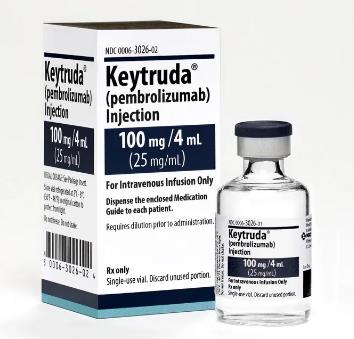
Mon, 2024/07/01
MSD PD-1 Inhibitor Approved By FDA for First-Line Treatment of Advanced Cancer
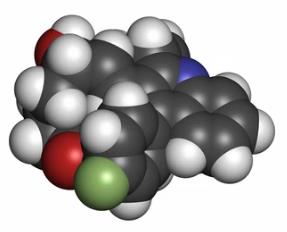
Tue, 2024/06/11
Commonly Used Cholesterol Lowering Drugs, Statins, Can Prevent Cancer
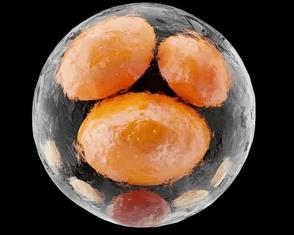
Tue, 2024/06/11
Liver ACOX1 Regulates Circulating Lipid Levels and Promotes Metabolic Health through Fat Remodeling
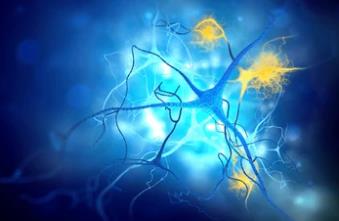
Tue, 2024/06/11
A Novel Therapy for Alzheimer's disease Targeting Neuronal Calcium Homeostasis
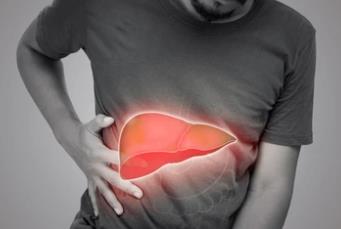
Tue, 2024/06/11
CRL3 May Have the Potential to Lower Blood Sugar Levels in the Body
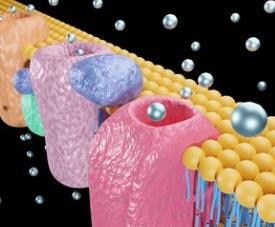
Tue, 2024/06/11
Targeting SOX13 to Overcome Iron Death Resistance in Gastric Cancer
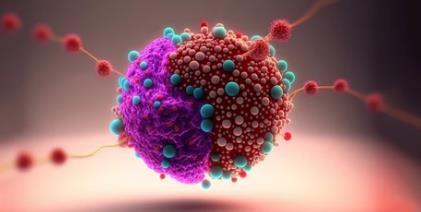
Tue, 2024/06/11
A New Strategy For Tumor Growth Inhibition: BCL9/BCL9L Targeted Therapy And cDC1 Activation
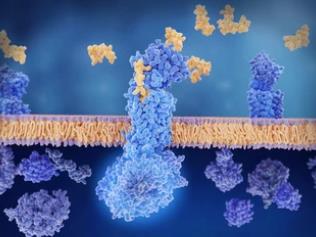
Tue, 2024/06/11
Topological Generation Pathways of Multiple Transmembrane Proteins
